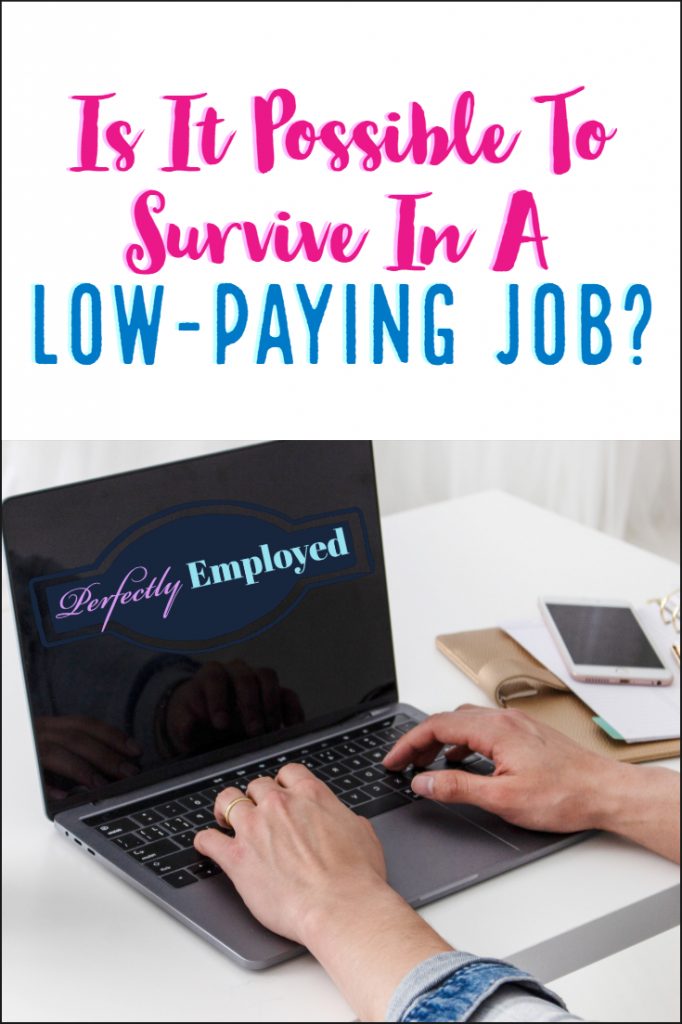
Rail is one of the most vital parts of a country’s transport network. It transports millions of people every single day, whether they’re going on days out or they’re heading to work. Most governments pledge quite a bit of their funds each year to the transport network on expansion and upgrading it. A large number of new jobs are also usually created to support this investment.
The railway industry is an exciting industry to work in. There are constant developments happening and job opportunities across the country that can take you traveling as part of your role. Roles in the rail industry not only offer long term benefits, but come with several career options and pathways to get you to a place of financial security. If you want to pick your career in the railway industry, take a look below.
How do I get a job in the rail industry?
The first thing that you can do is start researching the job market to decide what type of position you would like in the railway industry. You might have to go through several interview steps along with a railway medical, too. That will give you a good idea of the type of jobs available and help you to really narrow down that field of interest.
Once you’ve decided on a role that you feel is right for you, take a look at the list of their qualifications and training required and start taking those courses. You can then gain some experience and develop your skills. You’ll then need to get your safety certifications and complete other required certifications too. This will demonstrate how committed you are to the industry and it will show employers that you want to go the distance.
Related Posts You May Enjoy
- Top 6 Jobs With The Best Retirement Benefits
- 5 Amazing Medical Careers You’ve Never Heard of
- What You Should Consider Before Changing Your Career
What are the different types of jobs in the rail industry?
The exciting thing about the rail industry is there are a lot of jobs out there that you can choose from. There are main sectors such as engineering, maintenance, operations and the professional services sectors. They all have their own job vacancies and career opportunities available.
Different jobs involve different tasks. With the increasing use of technology, it’s one of the most advanced industries in the world. Jobs associated with the rail industry involve a range of responsibilities. Some of the roles you can find include:
- Railway engineering jobs. A career in engineering is already a diverse place to be, but a career in the rail sector is an exciting prospect. You’ll cover all elements of engineering, from design to mechanical, and that means engineers in the rail sector work on a lot of projects, from laying new networks to implementing and updating modern digital systems.
- Operational roles. These roles are responsible for the day-to-day running of the whole rail network, and they’re one of the most rewarding rail industry jobs out there. From train dispatcher to signal our roles, you’ll find something out there that suits your personality and your skill set.
- Professional services. The rail industry can also offer a career in professional services, including HR, legal, finance and marketing. The day-to-day upkeep of the rail network all depends on this area.
Save to Pinterest














